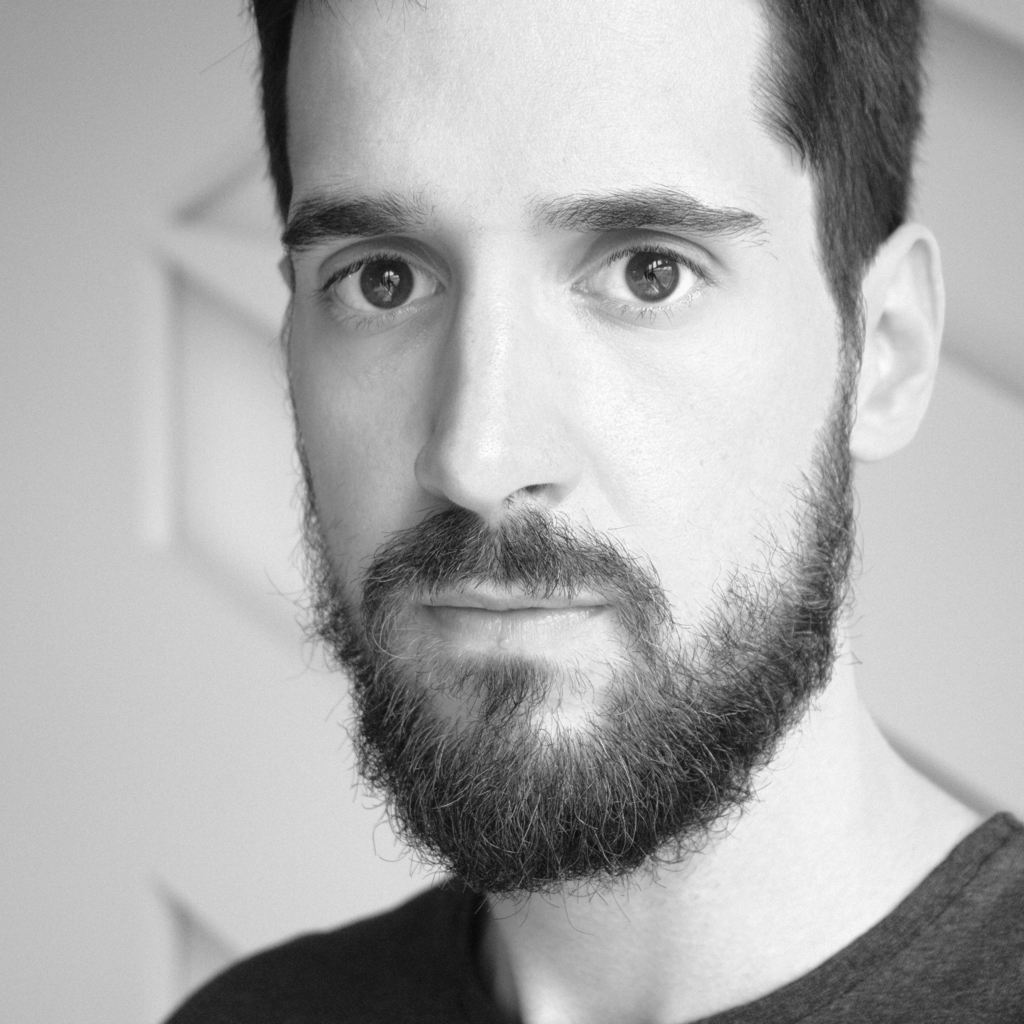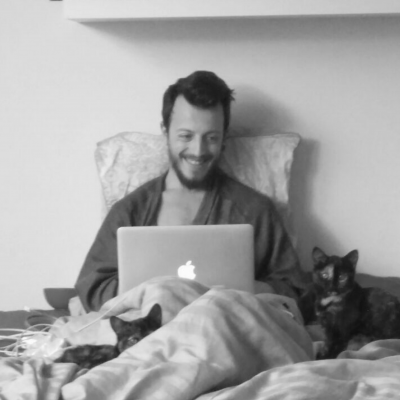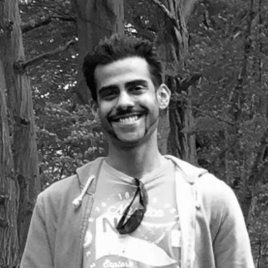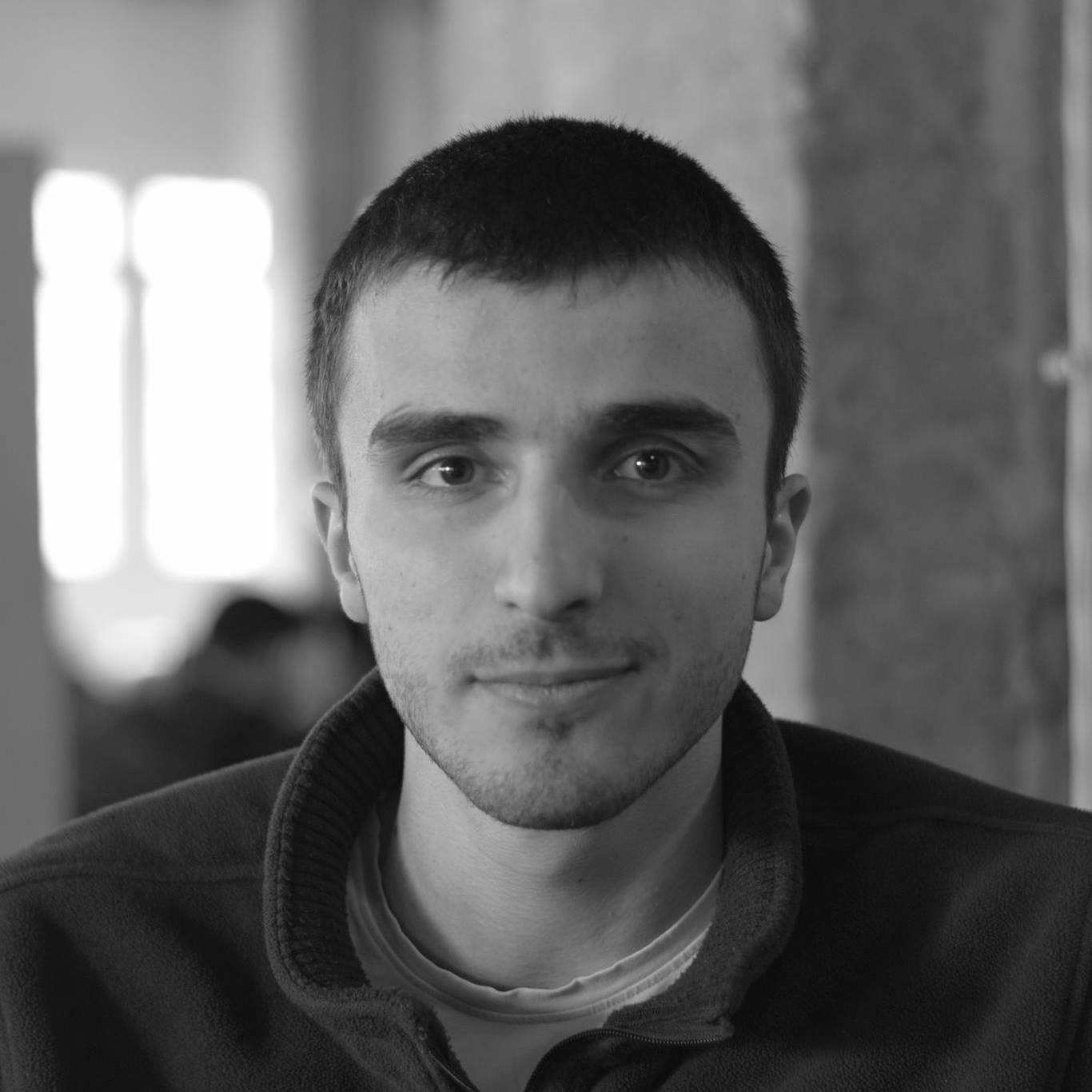
Michał Muskała
Actor Model in Elixir
Student during mornings, developer at afternoons and open source contributor by evenings. Michal is programming languages enthusiast, focusing mostly on the functional side. He is a member of the Elixir's Ecto core team and maintainer of the MongoDB adapter. He's Google Summer of Code 2015 alumni, where he worked on Ecto and its MongoDB integration supervised by José Valim himself. When not programming he enjoys reading books, travelling, and sailing - no matter if sunny, rainy or stormy - it's even better if all of those are combined!

Saša Jurić
Basic Guarantees of Erlang VM (BEAM)
Happy user of Elixir, and a satisfied customer of Erlang/OTP, currently working on a privacy compliance solution at Aircloak. Author of "Elixir in Action", and occasional blogger at theerlangelist.com.

Bozhidar Batzov
Clojure: The Bad Parts
Bozhidar is the author of RuboCop and the editor of the community Ruby style guide. He's involved in a myriad of open-source projects, mostly related to Ruby, Clojure and Emacs. Many people would probably describe him as an Emacs zealot (and they would be right). He's also quite fond of the Lisp family of languages, functional programming in general and Clojure in particular.

Anjana Vakil
Immutable Data Structures for Functional JS
Functional programming has been gaining a lot of popularity in the JS community, and with good reason: rejecting side-effects and mutability - in-place changes to data - helps avoid a lot of headaches. But when you refuse to mutate objects, you have to create a whole new object each time something changes, which can slow things down and eat up memory, making functional programming seem inefficient. That’s where immutable data structures come in - to save the day, and time and space! Also called “persistent data structures”, they help you efficiently make new “modified” versions of immutable objects, by reusing parts of the old object that you don’t need to change. In this talk we’ll take a look at how these data structures work, why they’re fantastic for functional programming, and how we can easily use them in our JS code thanks to libraries like Mori and Immutable.js.

Emin Hasanov
Using Clojurescript to Launch iOS/Android Apps to 1M Users
Story of how a small company in Azerbaijan used ClojureScript + React Native to launch iOS/Android apps to its one million website users. I will go through how we were able to quickly develop and iterate both iOS and Android versions at the same time, how we connected existing Rails app to provide a Transit API, and how we use CodePush to provide over-the-air updates without going through app stores.

Anna Doubkova
Functional Programming in React
Anna is a javascript developer who loves working with new technologies. Currently working at PizzaHut, she does full-stack development to deliver a great end to end solution focused on user experience. She's a frequent speaker, runs workshops, and likes contributing to the community.

Pedro Costa
The Functional Discipline
Self proclaimed Chief Over-Engineering Officer at Subvisual. Jumped from the world of HPC to the Web with Ruby. I have a shady past involving Java and other darker arts. I use my time on this planet with my family, my dog, crazy ideas and heavy weights.

Yulia Startsev
Side Effects Saga
Yulia Startsev is a self taught programmer. Her first attempt at programming was at age 12, scripting a Half life mod that placed a number of angry fish out of water while assassins ran around the perimeter. She has worked as an artist, curator, spatial designer, and writer -- not necessarily in that order -- before moving on to programming professionally. She currently spends her time debugging the debugger while developing developer tools. She feels strongly about elegantly programmed UIs, testing, and simplicity.

Ivan Vergiliev
Persistent Data Structures
Machine Learning and Algorithms enthusiast. Ex-Facebook and Google (x2) intern.

Ilias Van Peer
Elm
Coffee. Code. Other stuff.


